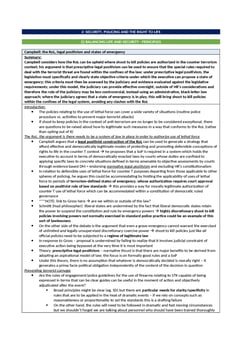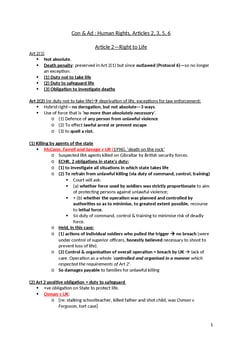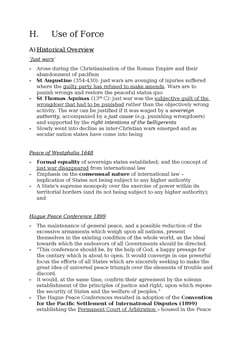CCSU v Minister for the Civil Service [1985] AC 374
Judgement for the case CCSU v Minister for the Civil Service
Table Of Contents
KEY POINTS
The government's decision to prohibit trade union membership at GCHQ was invalid due to a lack of prior consultation with the affected parties. (High Court)
If the exercise of prerogative power impacts an individual's "personal entitlements or reasonable anticipations," then that exercise of power should be subject to review. (House of Lords)
This case established three grounds for judicial review: 'illegality,' 'irrationality,' and 'procedural impropriety.'
-
To be eligible for judicial review, a decision must impact an individual in either of the following ways:
By changing rights or obligations that can be enforced in private law, either in favour of or against that person; or
By denying them a benefit or advantage that they either previously possessed or had a legitimate expectation to receive.
FACTS
The Government Communications Headquarters (GCHQ) and its employees, who were members of national trade unions. GCHQ is a critical branch of the government tasked with ensuring the security of the UK's military and official communications, involving sensitive information vital to national security.
Until 1984, GCHQ staff were allowed and encouraged to belong to national trade unions, and there was a practice of consultation on employment conditions. The government abruptly announced new conditions of service for GCHQ staff, prohibiting their membership in national trade unions and allowing only participation in a departmental staff association.
This decision was made without prior consultation and was attributed to past industrial actions and security concerns.
-
The central issue in this case is whether the government's decision, executed through an oral instruction by the Prime Minister, was valid under the Civil Service Order in Council 1982.
The appellants argue that the decision is invalid due to a lack of fair consultation, while the government asserts its authority, citing national security concerns.
JUDGEMENT
Appeal dismissed.
COMMENTARY
The case highlights the significance of the rule of law, emphasising that government actions, even those involving national security, must comply with legal principles and be subject to review by the judiciary.
It firmly establishes the role of the courts in upholding the rule of law and ensuring that government decisions are made lawfully.
For Further Study on CCSU v Minister for the Civil Service
Need instant answers? Our AI exam tutor is here to help.
Ask questions 🙋 Get answers 📔 It's simple 👁️👄👁️
Our AI is educated by the highest scoring students across all subjects and schools. Join hundreds of your peers today.
Get StartedSimilar Cases
Related Product Samples
These product samples contain the same concepts we cover in this case.



